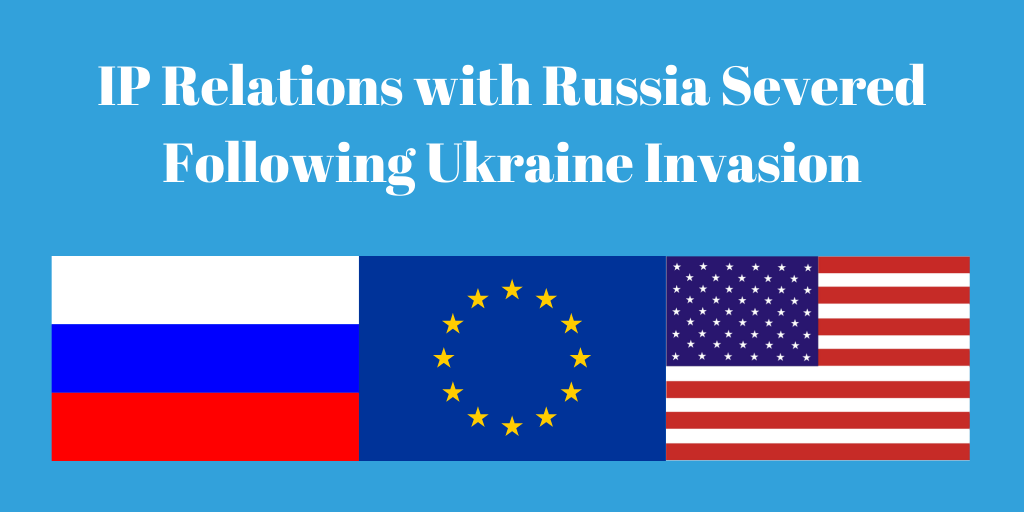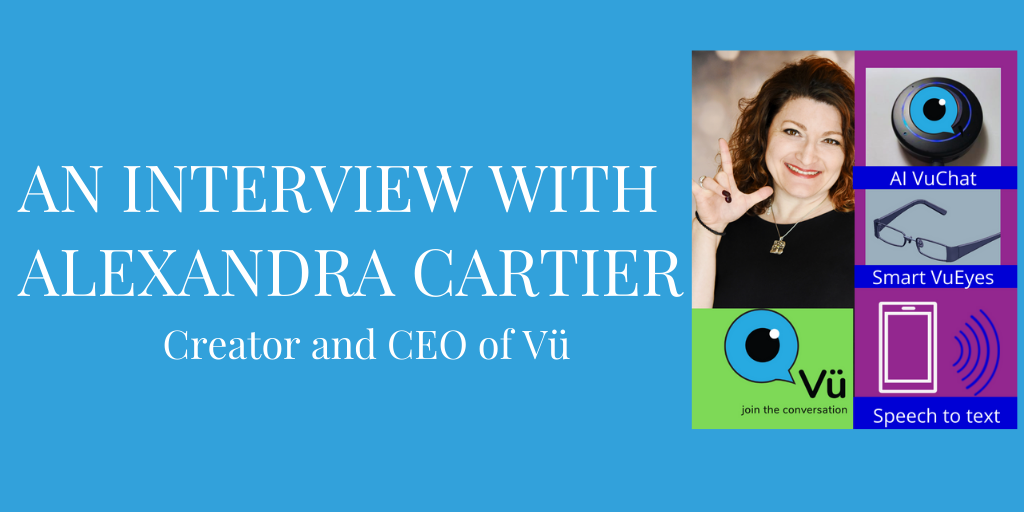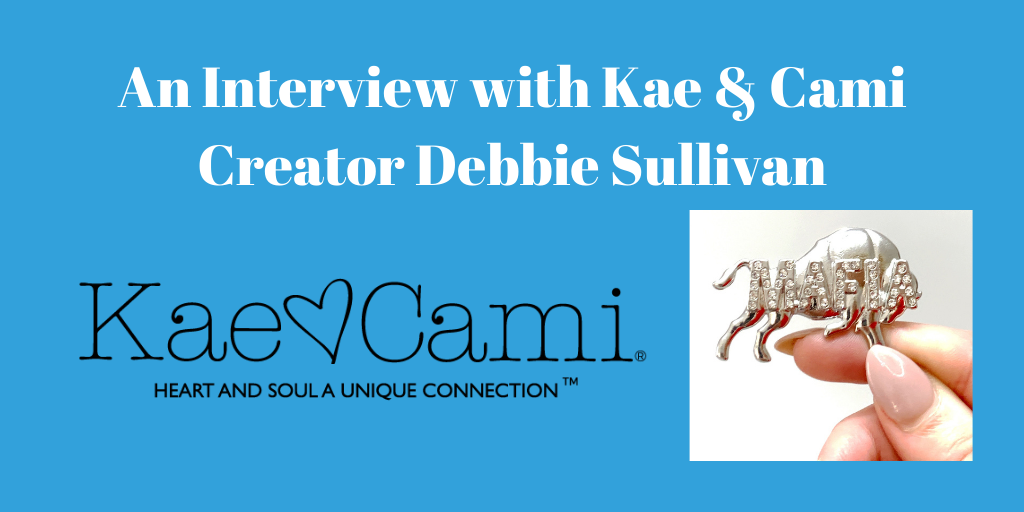ICYMI: The Top Patent, Trademark, and IP Stories from Last Week (January 21st-27th, 2019)
Every week, we will be highlighting the top patent, copyright, trademark, intellectual property, etc. stories of the previous week in our “In Case You Missed It” segment. The list itself is in no particular order and includes a wide range of stories from the patent world that are informative, noteworthy, or just plain bizarre. The stories included encompass everything from Supreme Court cases to insights into emerging industries. Please feel free to comment your thoughts on the stories or share an important one we missed!
1.) “Google Asks Supreme Court to Overrule Disastrous Ruling on API Copyrights”
An application programming interface, commonly referred to as an “API,” is arguably the most important part of any software or application. API’s allow software components to exchange information with one another and relay requested data back to the user. As the “block@IoT_Transcripts_2016-04-04_REV.pdf” target=”_blank” rel=”noopener noreferrer”>Internet of Things (IoT)” and cloud computing become more prominent in our lives, devices requiring API’s become more complicated as laws catch up.
Up until 2014, API’s were presumed to be “free-range” and not copyrightable in the techsphere. That is until a Federal Circuit Appeals Court decision changed that notion. The judge in that bombshell 2014 case reversed a ruling that Oracle’s Java API’s were not protected by copyright, declaring “the code and the structure, sequence, and organization of the API packages are entitled to copyright protection.”
On Thursday however, Google asked the Supreme Court in a petition to overturn the 2014 and succeeding decisions. “The Federal Circuit’s approach will upend the longstanding expectation of software developers that they are free to use existing software interfaces to build new computer programs,” Google states in their petition.
In a subsequent blog post by Google’s Chief Legal Officer Kent Walker, Walker argues the earlier rulings were not reflective of the purpose of copyrights. “The U.S. Constitution authorized copyrights to ‘promote the progress of science and useful arts,’ not to impede creativity or promote lock-in of software platforms,” he says.
The implications are beyond just impeding creativity. Such a continued policy of restrictive API copyrights would hamper software innovation and leave many developers open to legal liabilities. Other consequences would be a rise in API patent trolls and incompatible software as developers attempt to avoid any legal landmines posed by other programs. The rulings have already meant there is a lot of software out there currently violating copyrights based on their incorporation of third party API’s.
This is Google’s last hope for overturning the decision and the company is getting a lot of support from the developer community. To read more about this story, click here (via ARS Technica, January 25th, 2019)
3.) “U.S. Top Court Rejects Helsinn Over Anti-Nausea Drug Patent in Win for Teva”
Last Tuesday, the Supreme Court unanimously upheld a decision to cancel Helsinn Healthcare S.A.’s patent on the anti-nausea drug Aloxi. The justification stems from a violation by Helsinn of a provision in U.S. patent law (specifically, in the America Invents Act) that forbids the sale of an invention to a third party prior to applying for a patent on it. The suit questioned whether confidential sales between parties qualify as “prior art” or not.
In 2001, Helsinn entered into an agreement with another pharmaceutical company, MGI Pharma Inc., to distribute the drug in the U.S. Despite publicly announcing the agreement, the two did not disclose the invention itself. When Helsinn applied for a patent for the drug more than a year later, they were denied due to passing the one year grace period for eligibility after a sale.
When rival Teva Pharmaceuticals planned to sell a generic version of Aloxi in 2011, Helsinn sued for infringement. Helsinn argued the agreement did not imply the drug was “on sale” because the drug formula was still confidential.
In 2017, Teva was able to convince the U.S. Court of Appeals for the Federal Circuit to invalidate the patent on the basis a contract to sell implies the drug was “on sale” and available to the public. On Tuesday, the Supreme Court upheld the decision ruling that any sale, private or public, is a bar to patentability. To read more about this story, click here (via Reuters & Frost, Brown, Todd, LLC., January 22nd, 2019)
3.) “Is the Future of Trademarks Already Here?”
Advancements in content-based image retrieval (CBIR) technology, aka “image search,” has helped archivists, journalists, and everyday internet users track down the sources and information behind images found online. Ronda Majure, Vice President of CompuMark, a trademark protection company, has taken this technology one step further, applying CBIR’s practicality to patent and trademark researchers.
Within seconds, new software combining artificial intelligence and facial-recognition technology is able to search trillions of pieces of artwork, logos, photographs, and 3D design patents to determine whether a trademark is being infringed upon.
“Designed to operate like a trademark research specialist, the algorithms found behind artificial intelligence driven technology take us to a new frontier where not only shapes or compositions are relevant, but they can even understand what design components might aim to represent,” Majure writes. This, Majure says, will make the trademark research process faster and more precise, minimizing the risk of infringing on others.
Such emerging technology should undoubtedly help patent professionals and content creators alike who will now have the tools to protect their works and ensure their work does not infringe on others. As for entrepreneurs and small business owners, such a prospect, if accessible, would also help protect their brand’s intellectual property and image. To read more about this story, click here (via FourthSource, January 23rd, 2019)
4.) “U.S.-China Trade Talks Falling Short on Make-or-Break IP Issues”
According to those close to the U.S.-China trade talks, little progress has been made during discussions. President Trump’s persistence on ending decades of state-sponsored theft of American intellectual property has ultimately stalled talks.
Much of this IP theft has been the result of China forcing forcing companies to cough up their technology in order to gain access to the lucrative Chinese market. China in turn steals that technology.
The ongoing IP debate dates back to last year’s Beijing talks when the U.S. demanded China stop forcing companies to transfer technology, stop sponsoring cyber theft, and enforce IP protection. China has denied accusations of IP theft and company shakedowns. The gridlock comes on the heels of the U.S. charging Huawei’s CFO Meng Wanzhou with conspiring to violate U.S. sanctions on Iran.
Last month, China issued a new IP law to ban companies found stealing trade secrets from accessing investors or issuing bonds. Additionally Chinese authorities have stated they will increase IP protection for foreign companies. There is still a long way to go however. To read more about this story, click here (via Bloomberg, January 21st, 2019)








